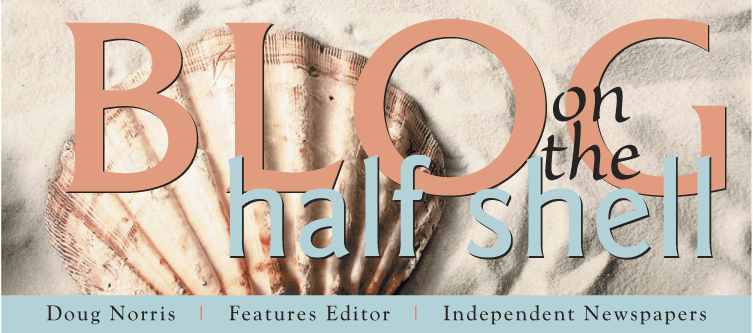Even allowing for the state’s love of kitsch – which explains the fondness for the Quonset hut, another local invention – Rhode Island has survived the Houstonification of modern life through its passion for preservation and by building with an eye on its surroundings. Until recently, that is, when a combination of suburban sprawl and money-grab development has produced some stunningly bad architecture. New eyesores seemingly pop up like poisonous mushrooms nowadays.
I’ve mentioned some of them before in my annual Broken Anchors Awards, a column devoted to dubious achievements in Rhode Island (Jan. 10, 2008):
THE UGLIFICATION IN PROGRESS AWARD
To developers and politicians in our capital city, where the river walk has jumped the shark from a place of cobblestone and cozy bridges to a showcase for boxy buildings on steroids. Where once there were views, now huge rectangles blot out the State House and surrounding church steeples, casting cold shadows and creating wind tunnels in winter. From the Ice Cube (GTECH World Headquarters), with its neon blue scar illuminating the night sky to Tweedledumb and Tweedledumber, the twin Waterplace Towers painted in the color of bad squash, Providence is transforming into North Dallas before our eyes.
Another building that causes a wince is the former Kaiser Aluminum tower that has been converted into penthouses for the Carnegie Abbey Club in Portsmouth. Any joy experienced while driving over the elegant Mount Hope Bridge, taking in the expanse of blue-water, white-sail Narragansett Bay and emerald-green Aquidneck Island below, is quickly muted by noticing the colossal jutting tower, so out of place in its delicate surroundings. I call it the Blight on the Bay, or Old Blightie, when I’m in a Ye Olde Rhode Islander mood. Something that ugly is usually found among the pelicans and palm trees on the Florida coast.
What is the ugliest building in Rhode Island?

